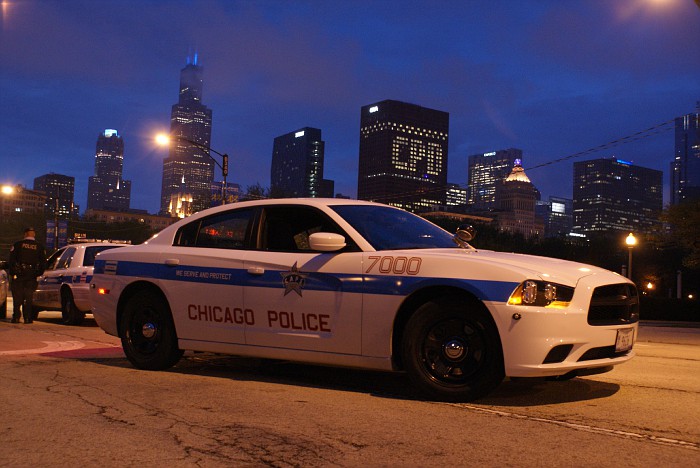Serving Justice Against the CPD

Last week, after a long seven-year wait, the family of Niko Husband was finally rewarded some justice after he was killed by Chicago police officer Marco Proano in 2011. This case, and Proano’s violent record as an officer, is illustrative of the systemic corruption and brutality in the Chicago Police Department (CPD) that the Department of Justice found in their 2017 report.
In 2010, Proano shot at and injured a civilian while on duty. Following the shooting, Proano was given department commendation. Less than a year later, when responding to a call concerning a person with a gun at a party, Proano fatally shot Niko Husband in close range as he was leaving the party. Following his second shooting of a civilian, Proano was given the superintendent’s award for valour and cleared by Chicago’s police oversight committee to remain an active, on-duty officer.
Subsequently, Husband’s family brought a wrongful death lawsuit against the City of Chicago and Officer Proano, and a jury awarded the family $3.5 million in damages. The judge presiding over the case quickly negated the jury’s decision based on a legal technicality: some jurors responded “yes” to a written question asking if Proano reasonably believed his life was in danger the night of the shooting. The judge’s ruling of negating the $3.5 million reward was appealed; it took seven years for it to be reversed and the damages to be reinstated in a federal court of appeals.
In 2013, long before the $3.5 million had been re-awarded to Husband’s family, Proano was still an active officer on the CPD and shot into a moving car full of teenagers that was backing away from him while on duty. Proano wounded two teenagers, but luckily none were killed. The shooting was recorded by a dashboard camera in the police car. After his third on-duty shooting, Proano was convicted of using excessive and unreasonable force when firing into the car and was sentenced to five years in federal prison, which he began serving in 2017.
Although Proano’s sentencing and the award to Husband’s family are steps in the right direction of correcting the CPD’s injustices, they are realistically only very small steps. Proano was the first Chicago police officer to face federal criminal charges for an on-duty shooting in 15 years, and he was certainly not the first officer in 15 years to unreasonably shoot at a civilian while on duty. Moreover, there is no other case in recent (well-recorded and easily-accessible) Chicago history of a police officer being sentenced to federal prison for an unjustified on-duty shooting.
By virtue of Proano’s sentencing making history and national headlines, it is clear how rare it is for police officers in the United States to be held accountable for excessive, violent force. Every year there are about 1,000 police shootings in the U.S. and of those which are fatal, only 35% of officers are convicted of murder. Hopefully, the Proano sentencing is an indicator of a wave of change against this long-standing injustice nationally.
Even more disappointingly, after being handed-down the sentencing, Proano’s lawyer claimed that Proano was a scapegoat for public anti-police sentiment and a scapegoat for systemic problems that infiltrated the entire CPD. His lawyer’s statement represents a key problem in Chicago, and across the country: so many public officials and citizens still do not understand that officers, such as Proano, are the moving parts of the excessively violent system that the DOJ identified. Proano is not a scapegoat for the problem, because he is the very embodiment of the problem, along with many other officers and high-ranking officials. To fix the system adequately, it requires dismantling (firing and prosecuting) each broken, violent part of the system, and the justice brought against Proano is just the beginning in the CPD.
Edited by Benjamin Aloi
